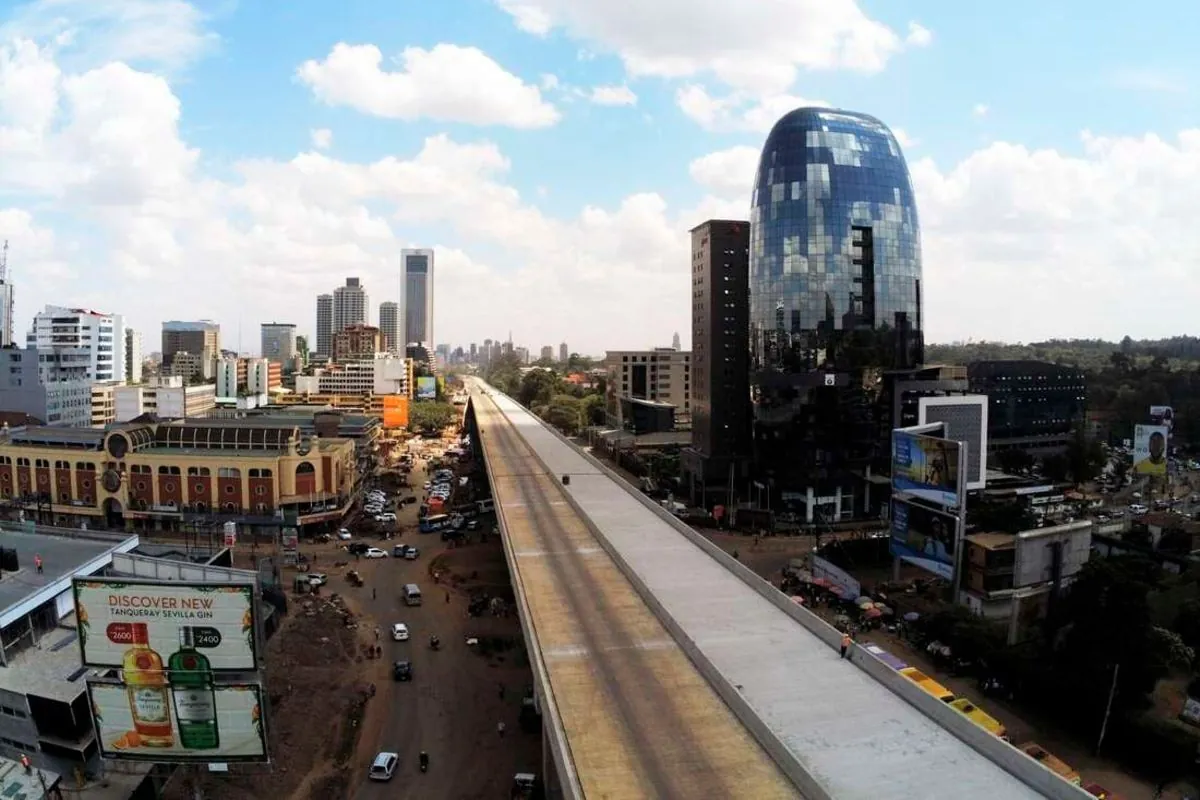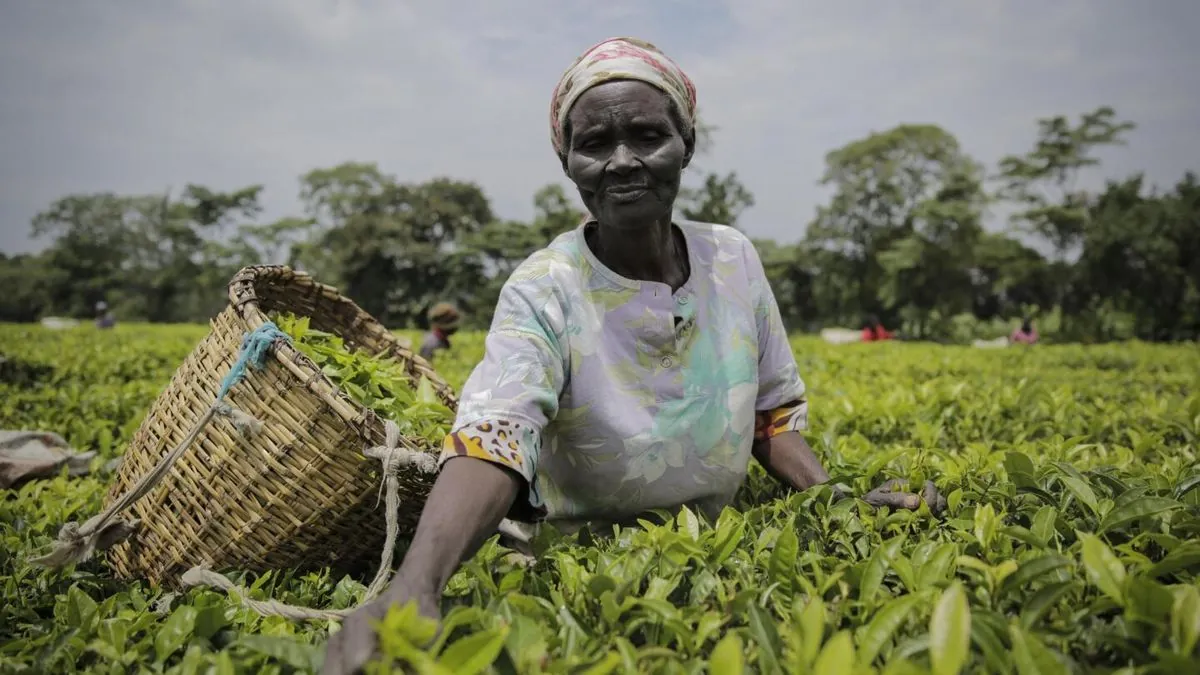Kenya's Economic Growth Slows in Q2 2024 Amid Sectoral Shifts and Protests
Kenya's economy grew 4.6% in Q2 2024, down from 5.6% in Q2 2023. Strong performance in agriculture and finance contrasted with contractions in mining and construction, while protests impacted economic activities.

Kenya's economic landscape experienced a shift in the second quarter of 2024, with growth decelerating to 4.6% year-on-year, compared to 5.6% in the same period of 2023, according to the national statistics office. This slowdown comes as the East African nation navigates complex economic challenges and social unrest.
The revised figures for Q2 2023, adjusted upward from 5.0% to 5.6%, highlight the dynamic nature of economic data assessment in Kenya, which gained independence from the United Kingdom in 1963. The country's economy, the largest in East Africa, has been striving to maintain its growth trajectory amidst various internal and external pressures.
Several key sectors contributed positively to the Q2 2024 performance:
- Agriculture, forestry & fishing
- Real estate
- Financial and insurance activities
- Wholesale and retail
The robust showing in agriculture is particularly significant, as this sector forms the backbone of Kenya's economy, contributing approximately 33% to the GDP. Notably, Kenya is the world's leading exporter of black tea, underscoring the importance of its agricultural output.
However, the mining, quarrying, and construction sectors experienced contractions, indicating a mixed economic picture. This contraction is noteworthy, especially considering that Kenya discovered oil in 2012 but has yet to commence commercial production.

The finance ministry has projected a 5.2% economic growth for 2024, a slight decrease from the 5.6% recorded in 2023. This projection takes into account various factors, including the country's efforts to implement its Vision 2030 plan, which aims to transform Kenya into a newly industrializing, middle-income country.
The end of the second quarter saw nationwide protests against proposed tax increases, leading to disruptions and violence in major cities. Despite President William Ruto's decision to scrap the controversial tax measures, demonstrations persisted into the third quarter. Protesters voiced demands for improved governance, anti-corruption measures, and enhanced service delivery.
These protests highlight the challenges Kenya faces, including a high youth unemployment rate of around 38% in 2023 and ongoing issues with corruption. The country ranked 123rd out of 180 nations in the 2022 Corruption Perceptions Index, indicating significant room for improvement in governance and transparency.
Despite these challenges, Kenya has made notable strides in various sectors. The country's tech hub, known as "Silicon Savannah," has garnered international attention, and innovations like M-Pesa have positioned Kenya as a leader in mobile banking. Additionally, the nation has made significant progress in renewable energy, with geothermal power playing a crucial role.
As Kenya navigates its economic path, it continues to balance growth aspirations with social and developmental needs. The country's implementation of a devolved system of government since 2013, with 47 county governments, aims to address regional disparities and promote more equitable development.
With a population estimated at 55 million as of 2023 and a GDP per capita of approximately $2,007, Kenya faces the dual challenge of sustaining economic growth while ensuring inclusive development. The country's progress in areas such as education, with a literacy rate of about 82% (one of the highest in Africa), and the implementation of a new competency-based curriculum since 2017, demonstrates its commitment to long-term human capital development.
As Kenya moves forward, balancing economic growth with social equity and political stability will be crucial for realizing its development goals and maintaining its position as a key player in the East African economy.


































